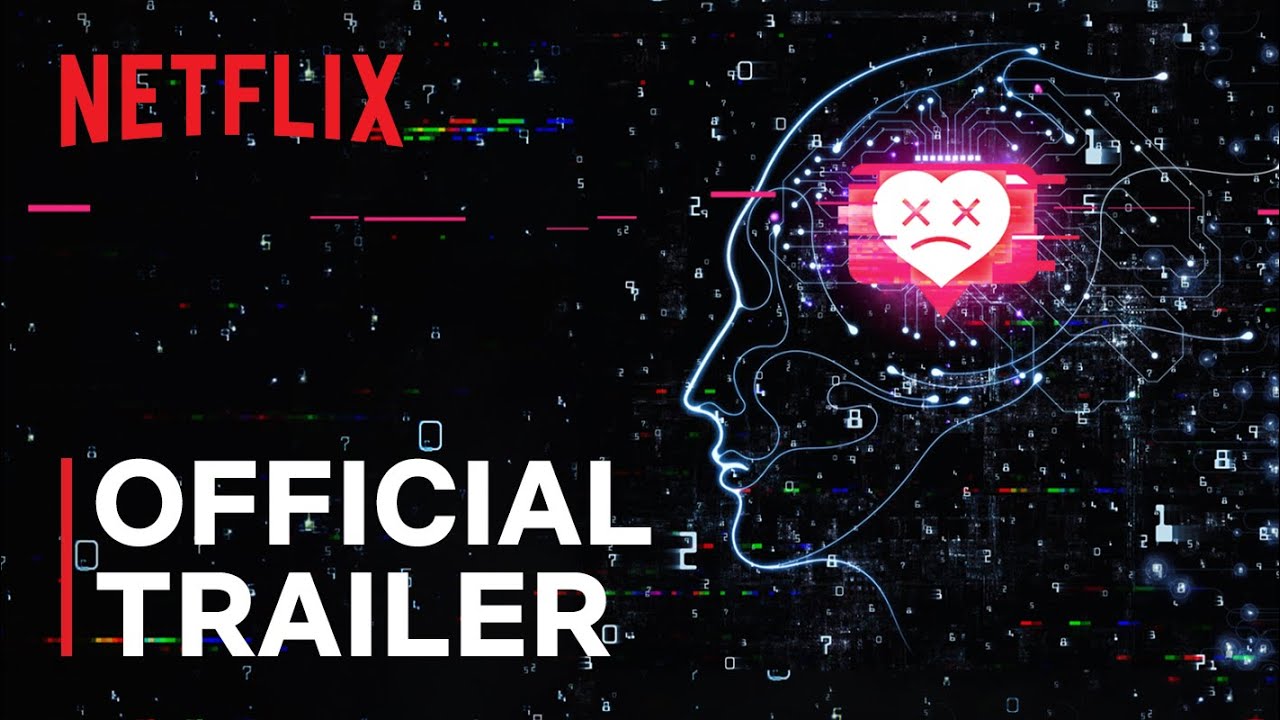There are two things that will happen once you finish watching The Social Dilemma, a documentary that is currently streaming on Netflix. One, you might want to burn every single piece of smart equipment and disappear, and second, you will shake your head at the sheer helplessness that will permeate every sense of your being.
Trust me you are not alone in these reactions. The documentary, which even though dropped a bit silently on the streaming service last week, is described as, “This documentary-drama hybrid explores the dangerous human impact of social networking, with tech experts sounding the alarm on their own creations.” The documentary is described by Netflix as ‘Provocative’ and ‘Investigative.’ True on both counts, but what The Social Dilemma really does is, it jolts you out from a false sense of complacency and well-being, and throws you straight into stuff that sci-fi nightmares are made of.
We all know that most social media giants mine data, and they monitor what we do, and are hence able to predict our next move — thanks to artificial intelligence (AI). We have sort of made our peace with it, because we think we are making a choice, whether to click that button or not, we think that they are able to mine our data because we allow them to. But this is the illusion that The Social Dilemma breaks so wonderfully, and we are finally able to see the man in the mirror, looking at us, and controlling everything, instead of our own reflection. Data is bleh, whatever, we — and by proxy, our attention is the product, being sold to the highest bidder.
The documentary narrates in great detail how technology and algorithms are placed and exploited to predict and influence human behavior. This is no longer restricted to you buying some object you don’t need, but it goes on to you being influenced to vote a certain way, or even to participate in a violent mob. The experts the documentary ropes in are the very people who have helped create this behemoth of a monster.

Tristan Harris, currently the president and a co-founder of the Center for Humane Technology — former design ethicist at Google — is featured prominently in the documentary. Many ‘formers’ make an appearance in the docu-drama including Tim Kendall, former VP Pinterest; Justin Rosenstein, former engineer with Google and Facebook, Sandy Parakilas, former operations manager Facebook and Jaron Lanier, writer of Ten Arguments for Deleting Your Social Media Accounts Right Now, among others. These are people who have collectively changed the way we live our digital lives. They all say the same thing, “it didn’t start out this way.” And yet here we are, where the very creators of this system are now decrying it, and are ringing alarm bells.
The dramatized bits of the documentary show how each and every click, or the one extra second spent on one picture, every single post that pops in our news feed, and how we click on the advertisements and buy things which we later describe as ‘ impulse buys’ to assuage our guilt — well none of that is our doing. We are but mere tiny cogs who do the bidding of the algorithm. We have been successfully stripped of our free will, and well, most of us seem to be OK with it. It’s the plot of every sci-fi horror flick, where not robots, but a system fed by our own behavior has taken over. Steven Spielberg could perhaps copyright this script.
It’s interesting that the documentary comes at a time when Facebook has been in news in India for turning a blind eye at hate speech posts. The documentary makes a parallel example of the Rohingya massacre in neighboring Myanmar, where social media aided in the fulfillment of a state-sponsored pogrom. It’s not the first time that people have fallen prey to propaganda — TV till the nineties had a similar sway on public consciousness — but yes, this medium does it far too efficiently. The documentary also touches on the aspects of mental health and social media usage.

It also explains how we, as a species, have always wanted validation. Popularity and the accompanying social status have been craved by humans since time memorial. There is a mention of how the evolution of the human brain has not kept up with the evolution of technology, but we can’t ignore the human contribution that led to this mess.
After the death knell that the experts sound with such authority, they do offer some solutions. Switch off your notifications; no matter what don’t click on the ‘recommended for you button’, and have a non-negotiable screen time curfew with your children, and do not take your cell phone into the bedroom. These steps might seem small and insignificant, but they can go a long way in what is a David vs Goliath situation.
The irony is not lost on us that we heard about this film on a social media platform. In all likelihood, you will be reading this from one as well. Till then, keep scrolling. Or not.
– Bhargav BV
– Bengaluru



















































































